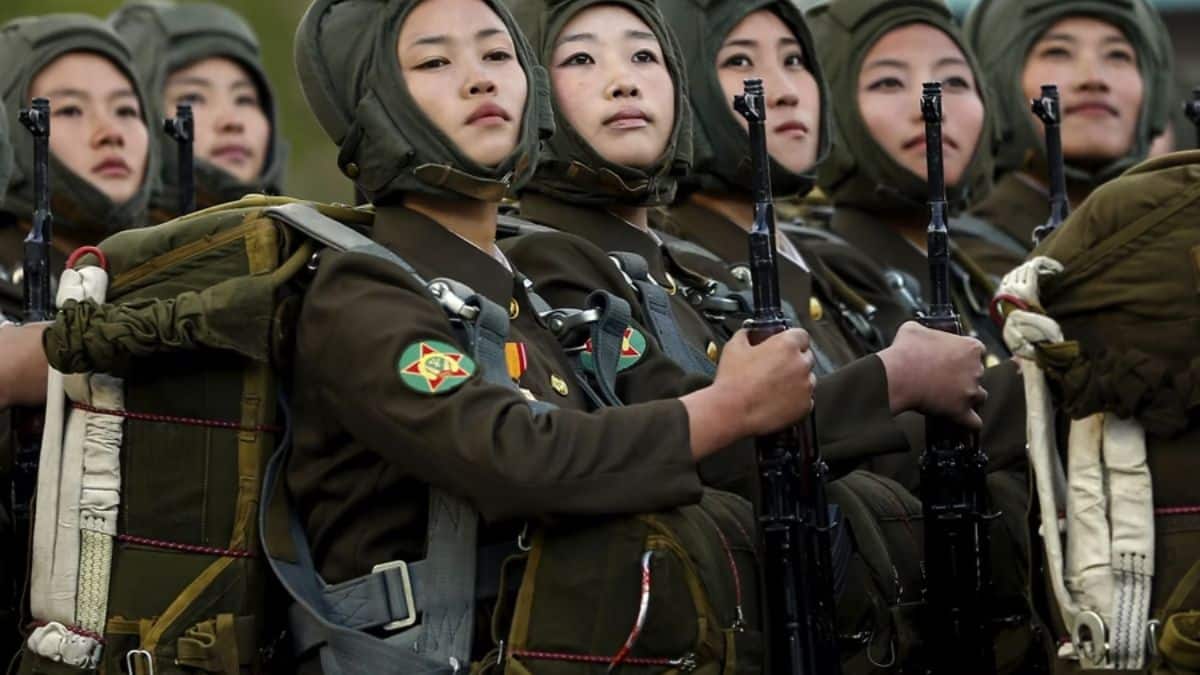North Korea in a surprising move has significantly reduced the number of party membership slots allocated to women soldiers soon to be discharged from the military. This decision marks a notable shift in the country’s approach to integrating female soldiers into its political elite, raising questions about the regime’s commitment to gender equality within its ranks.
The ruling Workers’ Party of Korea (WPK) has historically offered party membership to exemplary soldiers upon their discharge as a reward for their service and as a means to ensure loyalty to the regime. However, recent reports indicate that the number of these coveted slots for women has been drastically cut.
The reduction comes amid increasing economic challenges and shifting internal dynamics within the party. Analysts suggest that the move may be part of broader efforts to streamline party membership and maintain tighter control over who gains access to the influential political body.
Female soldiers in North Korea have often faced significant hardships, including harsh training conditions and limited career advancement opportunities compared to their male counterparts. The cut in party membership slots could further marginalize women within the military and reduce their prospects for post-service advancement.
Critics argue that this decision undermines recent efforts by the North Korean government to project an image of gender inclusivity and empowerment. “The reduction in slots for women soldiers sends a troubling signal about the regime’s commitment to gender equality,” notes Mi-Ran Kang, a defector and women’s rights advocate.
The implications of this decision are likely to ripple through the military and society at large. As women soldiers grapple with this setback, the move may also affect overall morale and perceptions of the regime’s policies on gender and equality.

